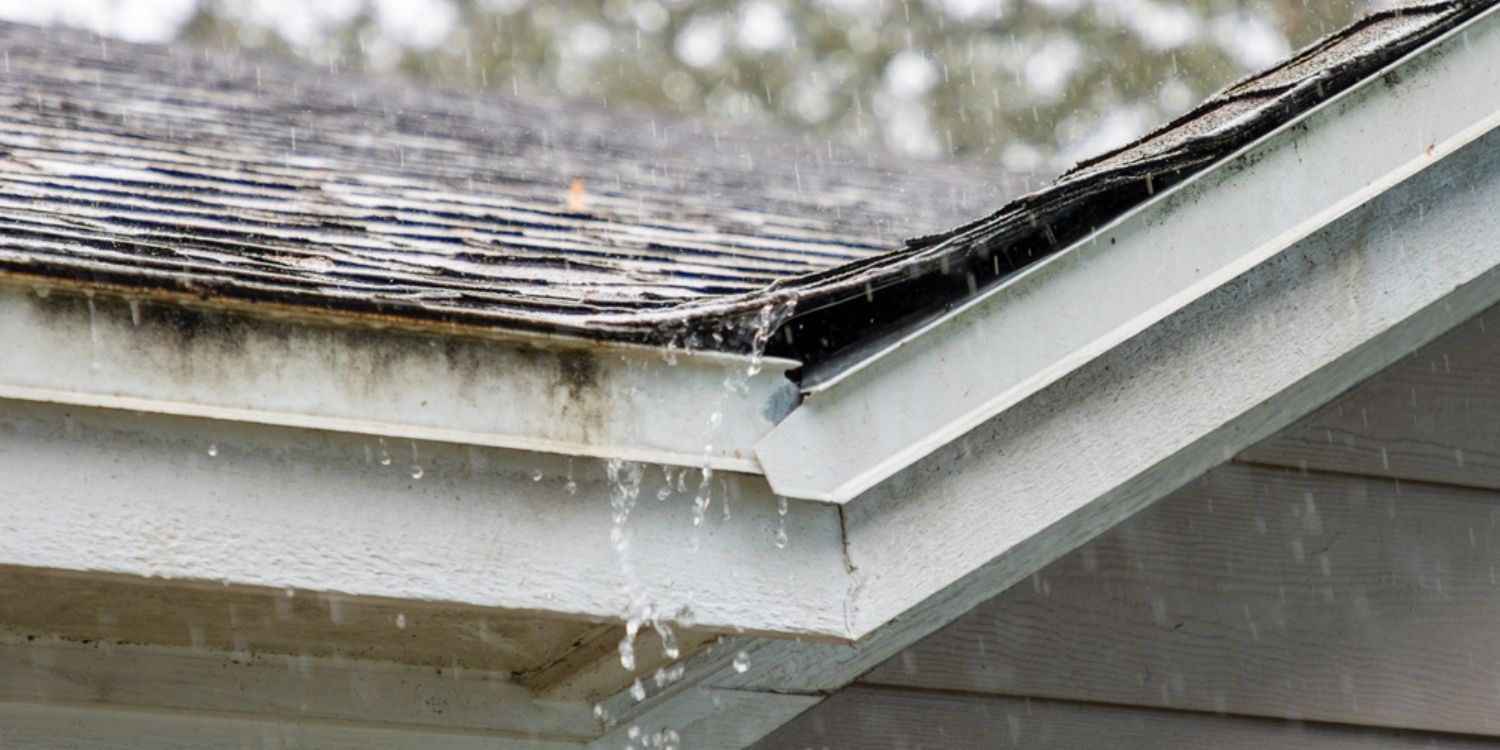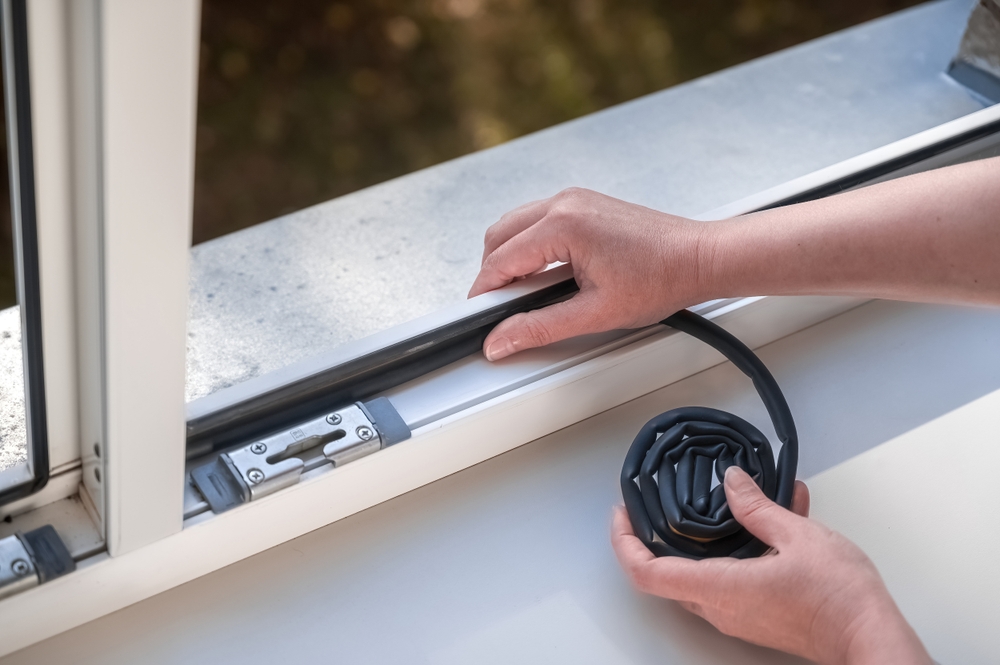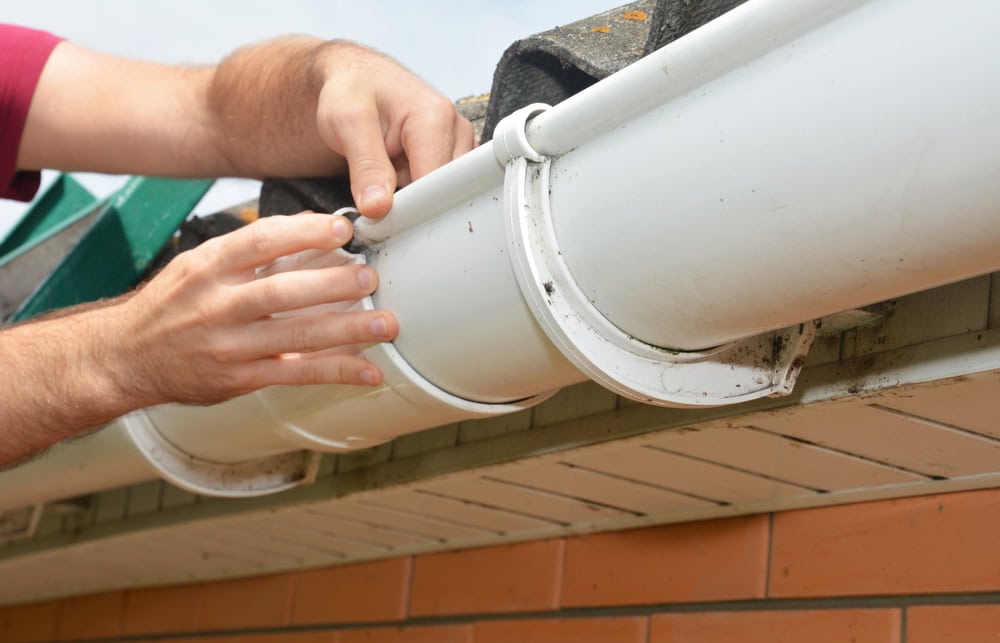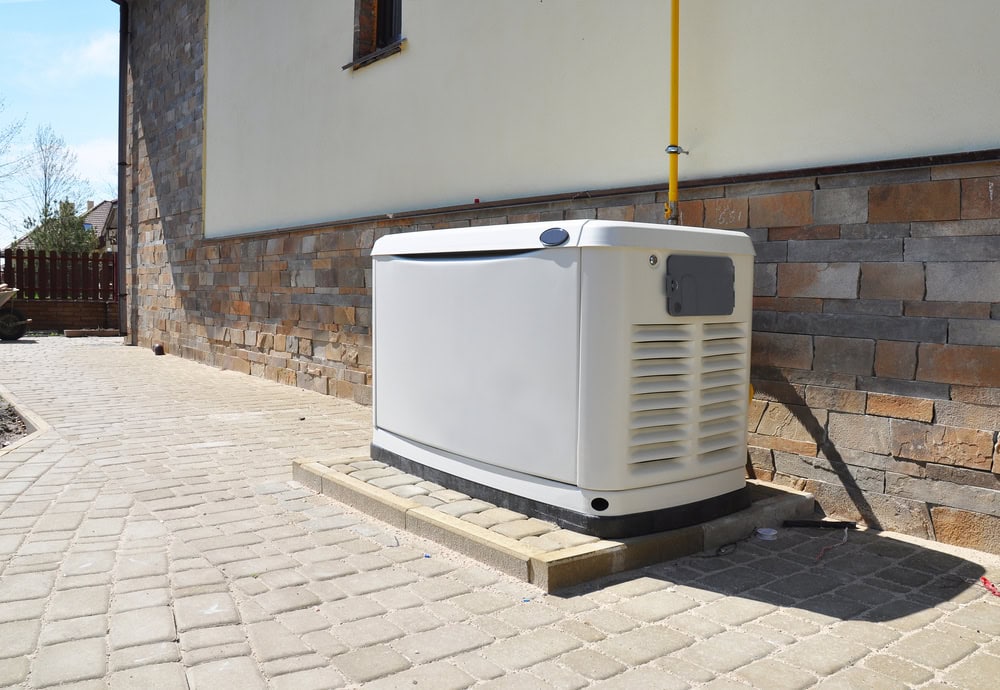
As extreme weather events grow more frequent and severe, homeowners must know how to protect their properties. The effects of strong winds, heavy rain, hail, and extreme temperatures can significantly damage homes, jeopardizing their safety and value. This article contains four key strategies to shield your home from these elements, providing peace of mind and ensuring long-term durability.
Upgrade the Roof System
The roof is the first line of defense against extreme weather. Investing in an impact-resistant roof with a Class 4 impact rating can significantly increase the resilience of your home, particularly in areas that receive a lot of hail.
Solar reflective shingles can help combat heat and reduce cooling costs for homes in regions with high temperatures. Additionally, fire-resistant materials are crucial for homes in areas where wildfires are common. For areas with strong winds, such as tornadoes and hurricanes, consider installing Class-F-rated roofing and hurricane straps to secure the roof to the house, providing extra protection against extreme winds.
Strengthen the Windows
Windows are another critical component in protecting your home from extreme weather. Replacing single-pane windows with double or triple-pane options can make your home more energy efficient. Impact windows, with heavy-duty frames and engineered glass, can withstand impacts from flying debris, offering additional security.

Storm windows and shutters provide an extra layer of defense, particularly in hurricane-prone regions. For budget-conscious homeowners, sealing cracks with caulk and applying weatherstripping can strengthen the barrier between your home and the outdoors, keeping elements at bay.
Improve Gutters and Drainage
Proper gutter maintenance and exterior surface drainage are vital to protect your home from water damage. Installing leaf filters can prevent blockages and ensure that rainwater flows freely, reducing the risk of water backing up and causing damage. Directing water away from the foundation is crucial for preventing cracks and structural issues.

Consider extending gutters, adjusting the grading around the property, and investing in a sump pump if your basement has a history of flooding. These measures help manage water runoff and protect the property foundation during heavy rainfall.
Invest in Air Quality and Backup Power
Extreme weather often brings power outages and poor air quality due to smoke, pollutants, or mold spores. Upgrading to a powerful HVAC system or large room air purifiers can make a significant difference. Additionally, having a backup generator ensures that your home remains functional during power outages, keeping appliances running, preserving perishable food, and maintaining lighting and visibility.

By upgrading your roof, strengthening windows, improving gutters and drainage, and investing in air quality and backup power, you can enhance your home’s resilience against the elements. These proactive measures will provide peace of mind, knowing that your home is well-protected and prepared for whatever nature has in store.